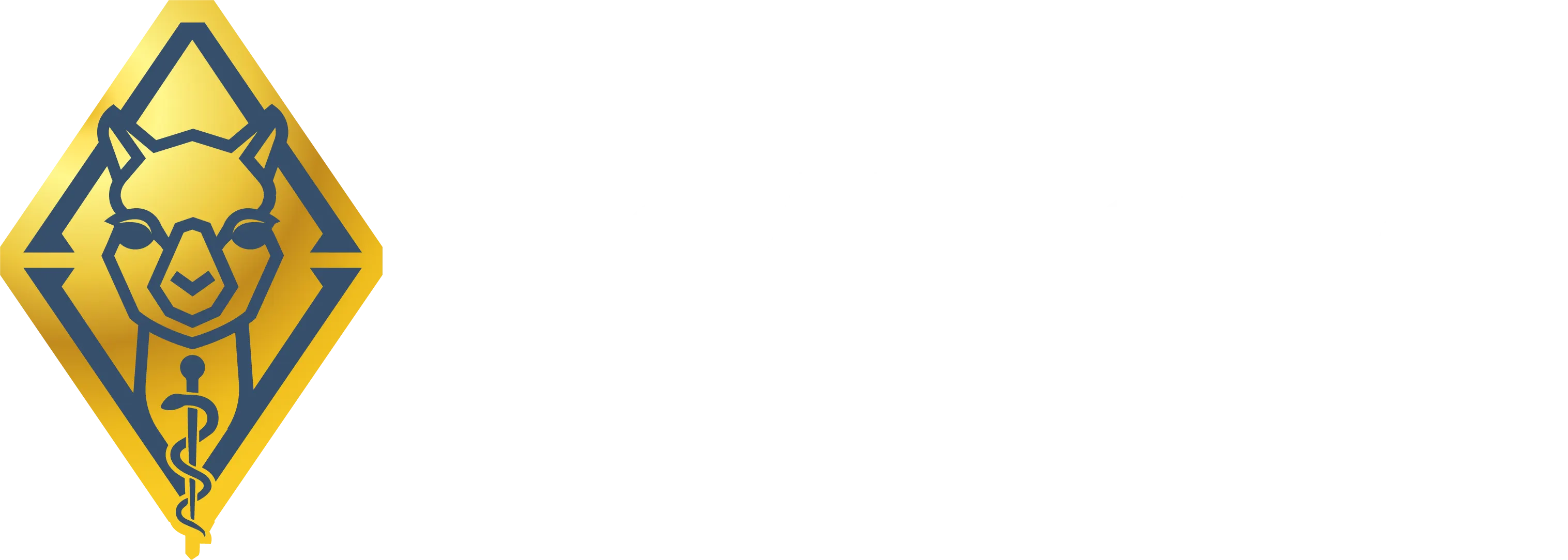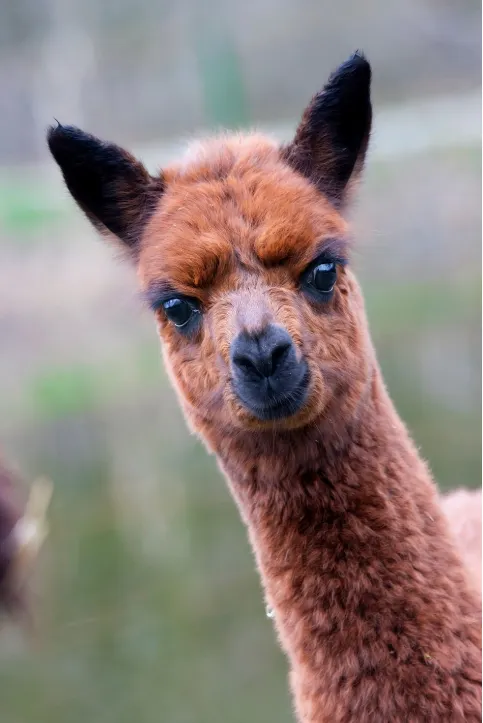
You will fully understand how to have the best success when breeding your alpacas or llamas
You will learn about the most common reproductive problems - helping you know what you should do when breeding isn’t working as it should.
You will learn what to expect at birthing, and practical tips for what you should do when a female has difficulty.
You will feel better prepared to deal with any potential problems or emergencies
Learn what’s normal for newborn crias, what isn’t, and what to do in the case of problems

I can't wait for you to join me on your alpaca or llama journey!
I guarantee this course is going to expand your knowledge about camelid health care. From basic principles to practical management tips, I'm going to give you all the tools you need to succeed. Plus, the course format makes learning convenient and fun!
- Claire E Whitehead BVM&S MS DACVIM FHEA MRCVS
Camelid Veterinary Services Ltd
9 module course
Comprehensive printed course manual - sent anywhere in the world. Included.
Lifetime access to the online course materials to access at your convenience and complete at your own pace
BONUSES:
Additional live and interactive support Q&A session (bi-weekly)
Access to private Facebook group where you can also interact with other delegates
Female infertility problem solver flow-chart, based on 20 years of female infertility evaluations.
Cria problem quick reference guide
FAST ACTION BONUS: First 15 people only to sign up to this course will also get a free 30 minute 1:1 consultation with Claire

Part 1 Female Anatomy & Reproductive Physiology
Part 2 Pregnancy & Pregnancy Diagnosis
Part 1 Anatomy & Physiology in the Male
Part 2 Using Males in Breeding Programmes
Part 3 Castration
Part 1: Best Breeding Practices
Part 2: Causes of Female Infertility
Part 3: Approach to Problem Breeders
Part 4: Reproductive Problem Cases
Part 1: Normal Birthing
Part 2: Abnormal Birthing
© All rights reserved